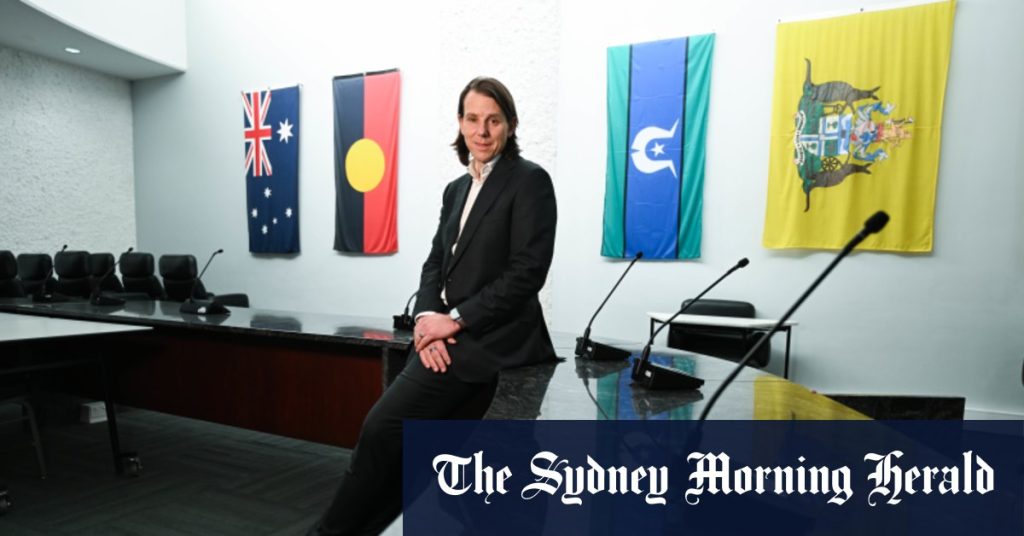Eight sitting councillors in the greater Melbourne area, including Lake, recently learned that they would be elected unopposed in the upcoming election. This is a result of controversial changes to Victoria’s council voting system introduced by former local government minister Adem Somyurek. These changes will see most council areas divided into smaller wards, with one councillor representing each area. Critics of this approach argue that it reduces political competition and limits options for voters, as only the best-resourced candidates are likely to be elected.
The push for single wards was led by the Labor party and supported by the Victorian opposition after Somyurek was sacked in 2020 due to branch stacking allegations. This change makes it more likely for aspiring councillors to be elected unopposed, as the election becomes less competitive. While uncontested elections may be necessary in some low-population regional areas, it is concerning that they are now occurring in metropolitan Melbourne. Lake attributed the lack of interest from other candidates in his ward to tough economic times and reduced coverage of councils in local media.
The VEC has stated that residents in the eight uncontested wards won’t receive a ballot paper, but will be informed that they do not need to vote. Voting for local councils will be done by mail, with ballot packs being mailed out from October 7 and must be posted by October 25 to meet the November 1 deadline. Despite the ease of this process for residents, the increase in uncontested elections raises concerns about the lack of diversity in council representation, as only well-resourced candidates or those affiliated with major parties are likely to be elected under the new single ward system.
Ben Raue, an election analyst at The Tally Room website, expressed disappointment at the record number of unopposed councillors in Victoria, calling it a bad outcome for voters. The shift to single-member wards has reversed a 20-year trend towards multi-member wards on councils, where a more proportional representation system allowed for greater diversity in elected representatives. Raue highlighted the importance of political competition and options for voters in a healthy democracy, and emphasized the impact of the new system on the likelihood of contested elections.
Deirdre Diamante, one of the automatically re-elected councillors in Manningham Council, expressed surprise at preparing for a campaign only to find out it was already over due to being uncontested. She reflected on the hard work she had put in to represent her community and acknowledged the role of luck in the uncontested election outcome. The reduction of coverage of councils in local media may have also contributed to the lack of interest from other candidates in these wards. Overall, the increase in uncontested elections in metropolitan Melbourne raises concerns about the health of democracy and the representation of diverse voices in local government.


